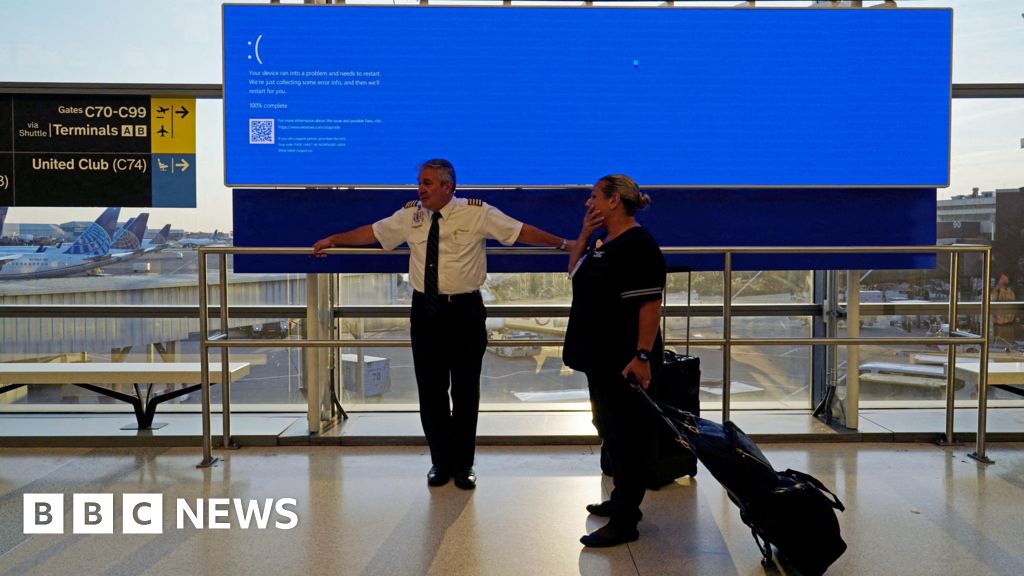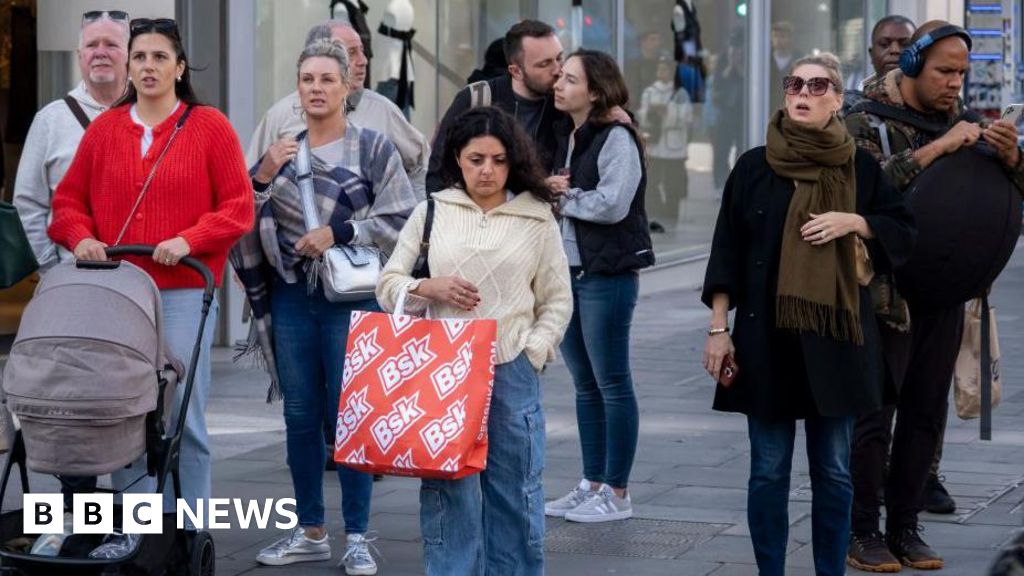WhatsApp is the most popular messaging app in the world with billions of monthly active users around the globe, but it’s never quite caught on with American audiences.
CEO Mark Zuckerberg, whose Meta Platforms bought the app for $19 billion in 2014, really wants to reverse that trend, he said during a conference call with financial analysts on Wednesday. And if more U.S. users convert to WhatsApp, it could mean a sea change for the Facebook parent company, said Zuckerberg. Meta previously announced that the app had crossed a milestone of 100 million monthly active users in the U.S.
“The WhatsApp stat, I think, is really important as a business trend, just because the United States punches above its weight in terms of—it’s such a large percent of our revenue,” said Zuckerberg during the call. “All of the work that we’re doing to grow the business opportunity… over time is just going to have a big tailwind if the U.S. ends up being a big market so that’s one reason why it’s really relevant.”
A breakdown of Meta’s revenue by user geography shows that the U.S. and Canada represented 38% of its total $39 billion in revenues this quarter, while revenues from Asia, Europe and the rest of the world accounted for the rest.
WhatsApp is part of Meta’s “family of apps,” which includes flagship social networking platform Facebook, Instagram, Facebook messenger, and Threads. Revenue for that segment was $38.7 billion in the quarter, up 22%. Meta reported net profits of $13.5 billion this quarter, notching a more than 70% rise over the same period last year.
As for WhatsApp, Zuckerberg said that as the app has begun to make inroads with U.S. users, people have begun to realize, “Hey, this is a really good experience,” he said, which could kick off as more people try out group-chat functions and cross-platform communication.
“It’s obviously also personally somewhat gratifying to see all the people around us starting to use WhatsApp,” said Zuckerberg. “So that’s pretty fun, but maybe less relevant from a business perspective.”
Still, the bloom has come off the rose in recent years for Meta and WhatsApp. U.S. antitrust regulator the Federal Trade Commission sued the company in 2020 and recently alleged that it withheld information from officials during its reviews of Meta’s acquisition of WhatsApp and its 2012 acquisition of Instagram. For its part, Meta filed a motion for summary judgment, stating that the FTC has no evidence to support its claims.
CEO Daily provides key context for the news leaders need to know from across the world of business. Every weekday morning, more than 125,000 readers trust CEO Daily for insights about–and from inside–the C-suite. Subscribe Now.
Credit: Source link











